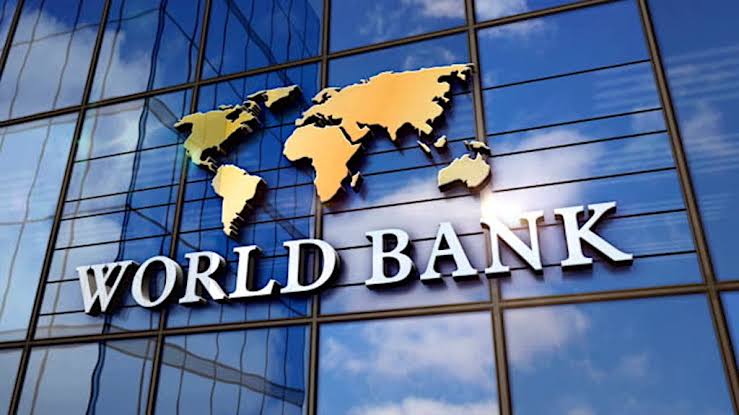The World Bank has called for a monumental $30 trillion investment to ensure the global net-zero emissions targets are met by 2050, warning that failing to mobilize the necessary capital could jeopardize decarbonization efforts in critical industries.
In its “Net-Zero Industry Tracker 2024 Edition” report, released on Friday, the financial institution stressed the urgent need for increased funding to facilitate the transition to low-carbon alternatives in sectors such as cement, steel, aviation, and heavy manufacturing.
These industries, deemed hard-to-abate due to their energy-intensive nature and limited access to decarbonization technologies, play vital roles in the global economy.
“To remain on track for net-zero targets, an estimated $30 trillion in additional capital will be required by 2050 for the sectors under consideration.
This represents approximately 45 per cent of the total incremental investment needed for the global net-zero transition by 2050,” the report stated.
While some progress has been recorded, including reductions in emissions intensity and energy consumption, the report highlighted the scale of the challenge, noting that investments in energy transition initiatives need to increase by 80 per cent compared to current levels.
The report also underlined the financial strain on industries within the hard-to-abate category.
High operational costs, coupled with the limited availability of viable technologies, pose significant barriers to their decarbonization efforts.
The World Bank pointed out that these sectors, already operating on thin profit margins, lack the capacity to absorb the costs of transitioning while remaining profitable.
This investment gap could severely hinder global efforts to combat climate change.
Emerging technologies, particularly artificial intelligence, have been identified as potential game-changers in reducing costs.
According to the report, generative AI could enhance capital efficiency by 5–7 per cent, potentially cutting capital requirements for hard-to-abate industries by $1.5–$2 trillion.
However, the World Bank cautioned that technology alone will not suffice.
The report emphasized the need for stronger policy support and enhanced cross-regional collaboration to align the interests of industries, energy providers, and consumers.
“Policymakers must introduce stronger incentives that align with the objectives of hard-to-abate industries, energy providers, and consumers,” it stated, underscoring the importance of creating a conducive environment for investment in energy transition projects.
The World Bank’s appeal comes as nations worldwide grapple with the realities of climate change and the economic implications of transitioning to a net-zero future.
The $30 trillion investment is deemed critical not only for achieving the 2050 goals but also for mitigating the long-term risks of environmental degradation and economic instability.
Do you want to share a story with us? Do you want to advertise with us? Do you need publicity for a product, service, or event? Contact us on WhatsApp +2348183319097 Email: platformtimes@gmail.com
We are committed to impactful investigative journalism for human interest and social justice. Your donation will help us tell more stories. Kindly donate any amount HERE




